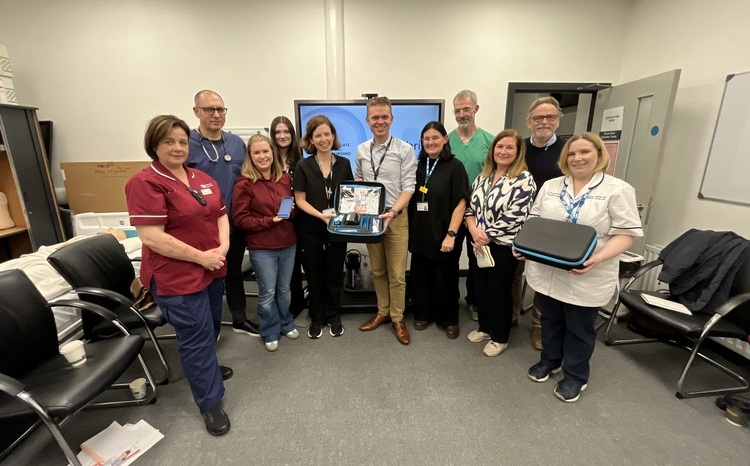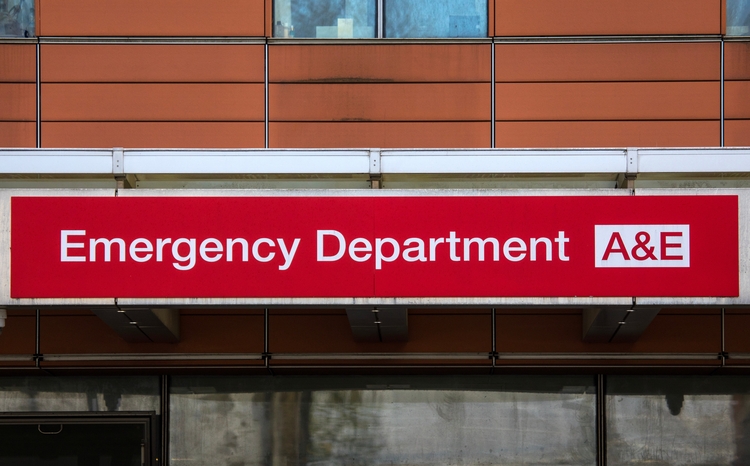MP quizzes Blair on national programme money
- 29 June 2006
An opposition MP has asked for Prime Minister Tony Blair’s personal assurance that public money has not been given to companies involved in the National Programme for IT that have not delivered, naming iSoft as an example.
Speaking at Prime Minister’s Question Time, Richard Bacon, Conservative MP for South Norfolk, said: “Would the Prime Minister agree with Sir John Bourn [the head of the National Audit Office] that value-for-money is safeguarded because companies will not receive public money for IT products and services until they are delivered and shown to be working?
“Can he give the House his personal assurance that this has not happened for example in relation to iSoft whose directors trousered £76m in share sales prior to their crash?”
The Prime Minister said he did not know about the particular example given and, instead, elaborated on the benefits of electronic records which were, he said, transferable around the system, would end the vast amounts of paper records and make Patient Choice a reality.
Referring to the National Audit Office’s report on the national programme published earlier this month, he told the House: “Of course we have got to make sure we offer value for money but by and large the NAO said we did.”
Under the Commons rules, the MP had no further opportunity to pursue his point.
In further developments in the House this week it was revealed that two and a half years after being awarded a £996m contract to upgrade NHS IT in London BT has so far earned a miserly £1.3m. While BT hasn’t yet delivered many systems the figure still seems surprisingly low. It is unlikely to cover more than a fraction of the costs the company has incurred to date.
The figures were revealed by health minister, Caroline Flint, in response to a written question from shadow health minister, Andrew Lansley, who had asked for figures on how much had been spent by the NHS National Programme for IT.
Far more has been paid on each of the other four local service provider (LSP) contracts. Accenture earned £51.6m in the North-east, and another £57.9 as LSP in Eastern. Fujitsu meanwhile has banked £26.7m in the South, despite implementing its solution at just one hospital. But leading the pack is CSC which has so far been paid £119.3.
BT did better on the Spine, receiving £239m, and on its N3 network deal with £130.5m. Atos Origin has so far been paid £27.1m on the Choose and Book contract.
Added together the amounts paid total £654m, or just over a tenth of the total lifetime contract values of £6.2bn. The amount paid to the main contractors is, however, less than half the total amount spent by NHS Connecting for Health. At the Public Accounts Committee on Monday CfH boss Richard Granger said that about £1.5bn had so far been spent, with much of this spent on the initial procurement and establishing the programme.




